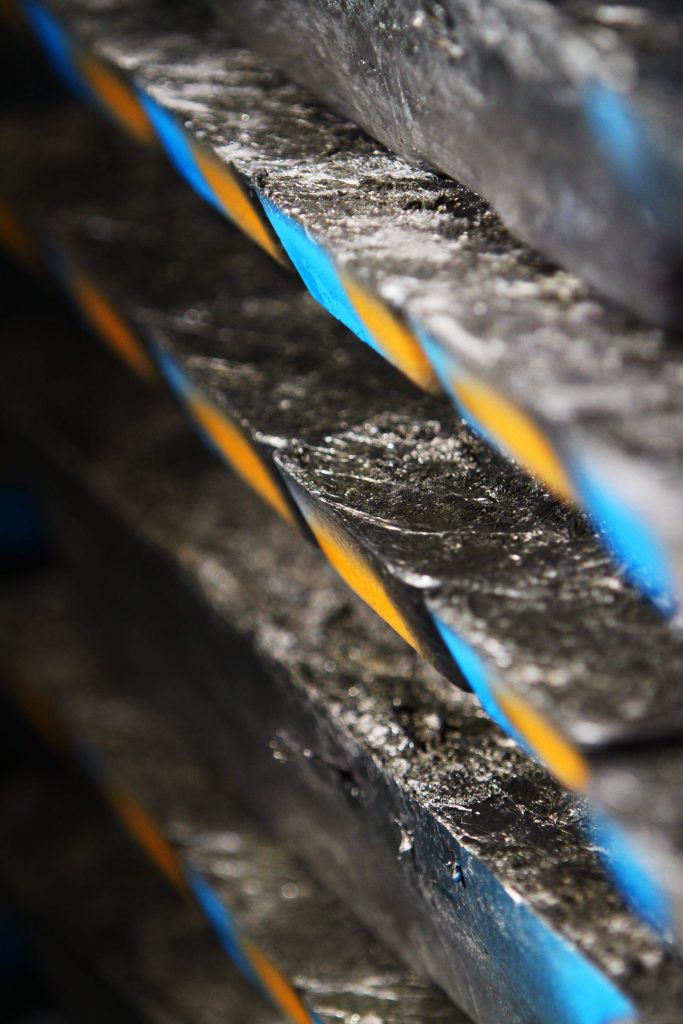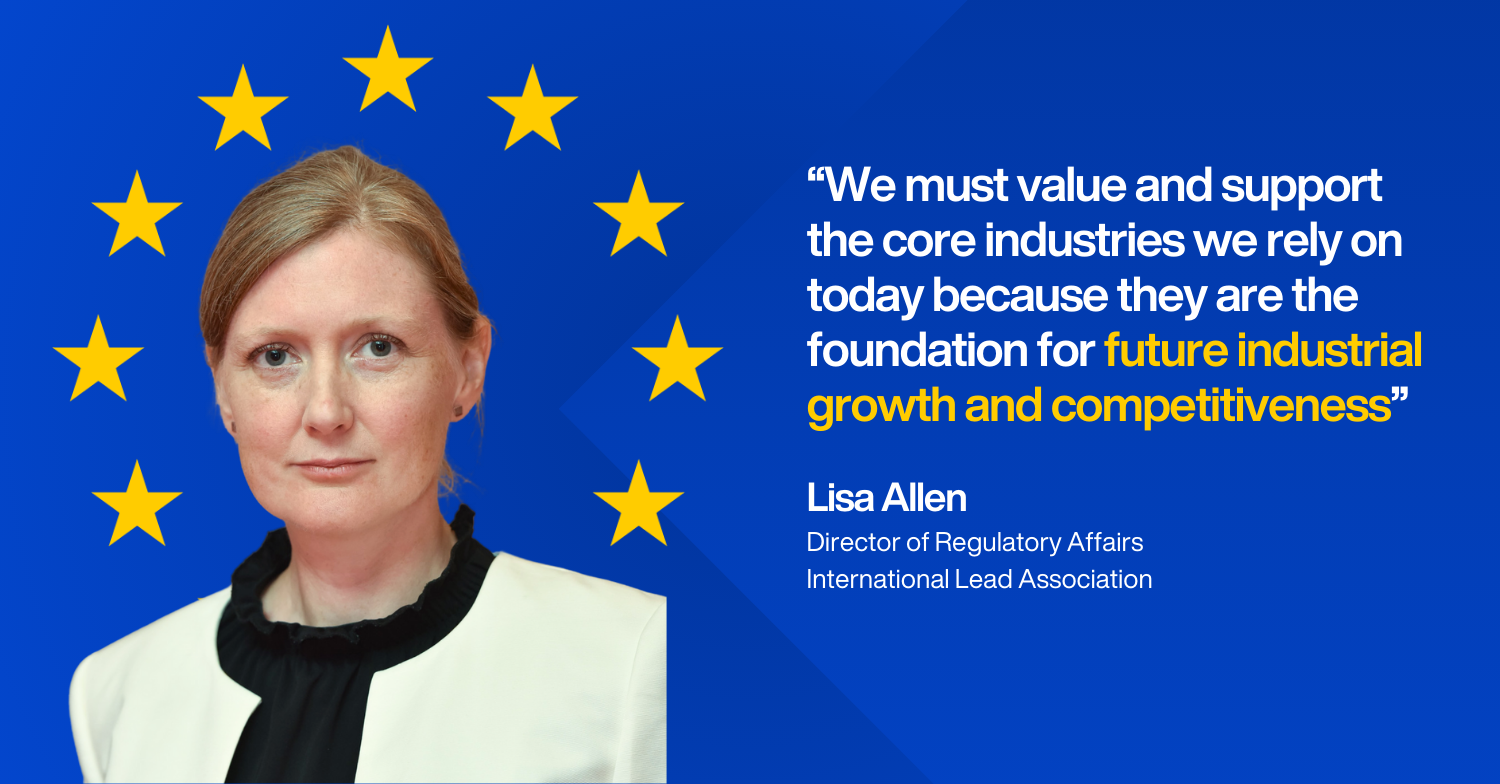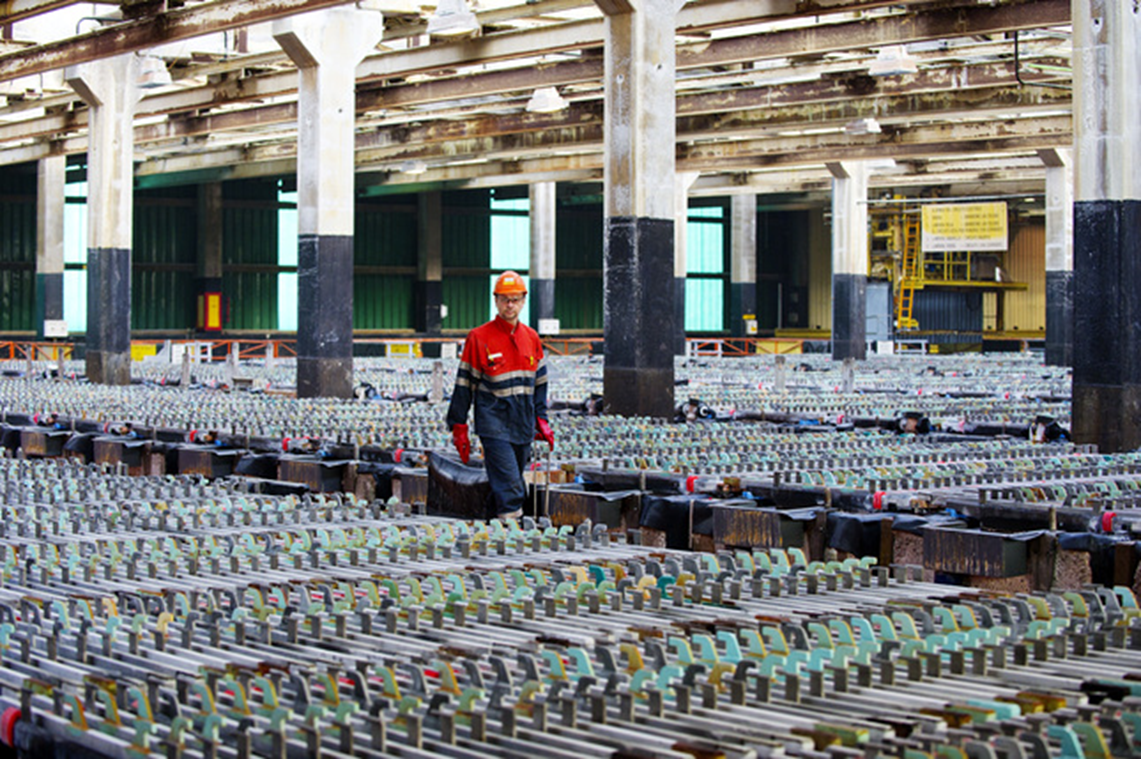Lead: an essential & enabler material

Author: By Dr Steve Binks, Regulatory Affairs Director, ILA
The Critical Raw Materials Act it is expected to help reduce reliance on external providers, improve energy security and shore-up growth. Lead is not on the EU’s critical raw materials list and the reason for that is due to its availability, thanks to efficient recycling and primary production in Europe.
The EU published the Critical Raw Materials Act because demand for some strategic materials “relies on imports, often from quasi-monopolistic third country suppliers.” Currently China dominates the manufacturing and trade of most clean energy technologies worldwide and only three countries account for 70% of the manufacturing capacity for technologies, none of them are European.
Lead is an essential raw material that underpins a whole range of vital products and applications, all of which are economically significant and important for the transition to a low carbon economy.
The green transition relies on plentiful supplies of batteries – many of which are lead batteries – used in lorries and cars from hybrids to electric vehicles – where lead auxiliary batteries provide the all-important safety functions. Supply and storage of energy from offshore wind farms and other sustainable energy sources also relies on lead, such as internally lead-sheathed undersea cables and lead batteries for energy storage.
And it is a sustainability success story. Lead is infinitely recyclable. All lead batteries made and collected in Europe are fully recycled and the raw materials recovered are re-used to make new batteries.
And the EU’s interconnected non-ferrous metals industry relies on lead to recycle efficiently other materials, including many that are on the EU critical list – because lead acts as an enabler in metallurgical recycling processes, facilitating effective extraction of key raw materials and precious metals.
It’s an untold story that lead production operates in one of the best examples available in the EU of a circular economy in action. A situation that already ensures a stable and secure supply.
It is important to recognise, support and invest in industries that produce key materials in which the EU is already self-sufficient. We cannot afford to take these industries for granted and Europe’s chemical policies must not inhibit the long-term investments that are needed to make them competitive in a global marketplace. Not critical but essential and a key raw material that will enable the energy transition.






